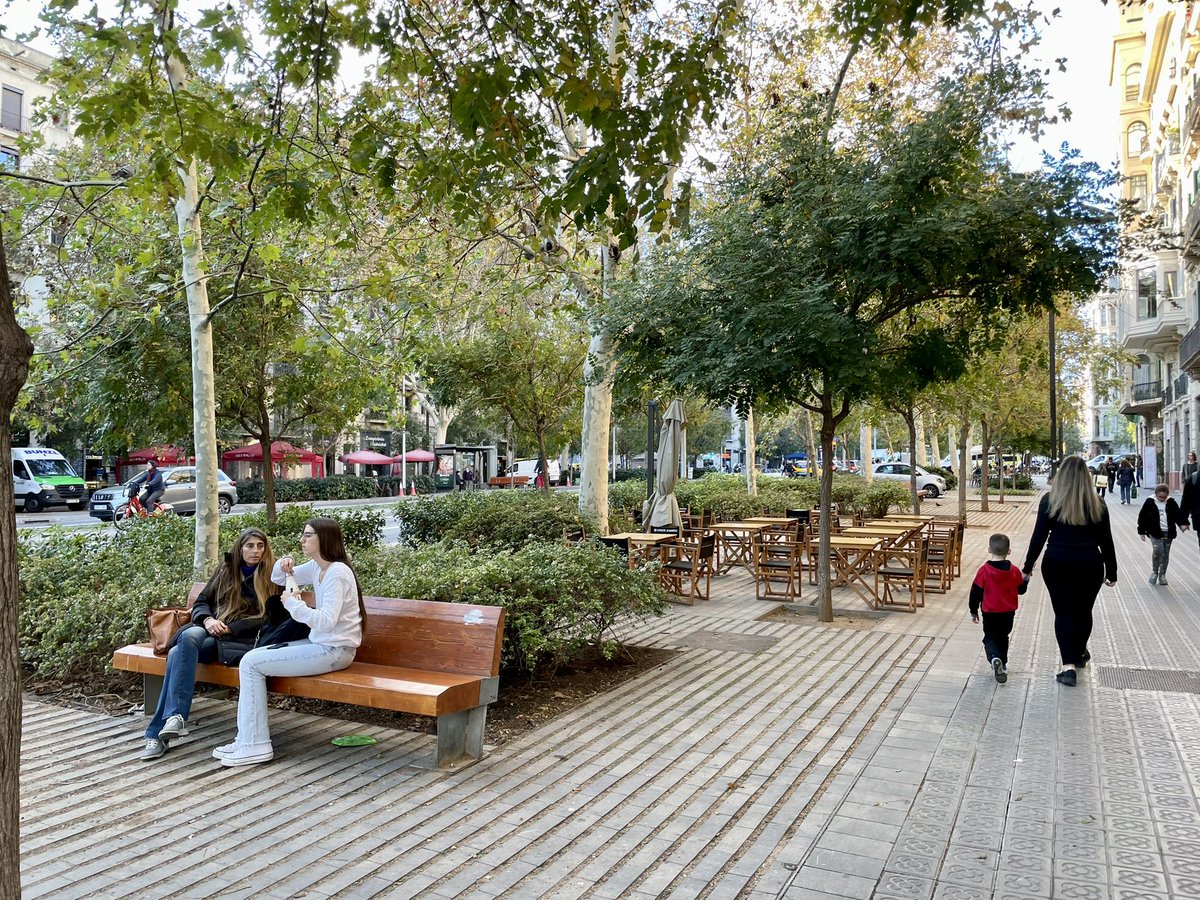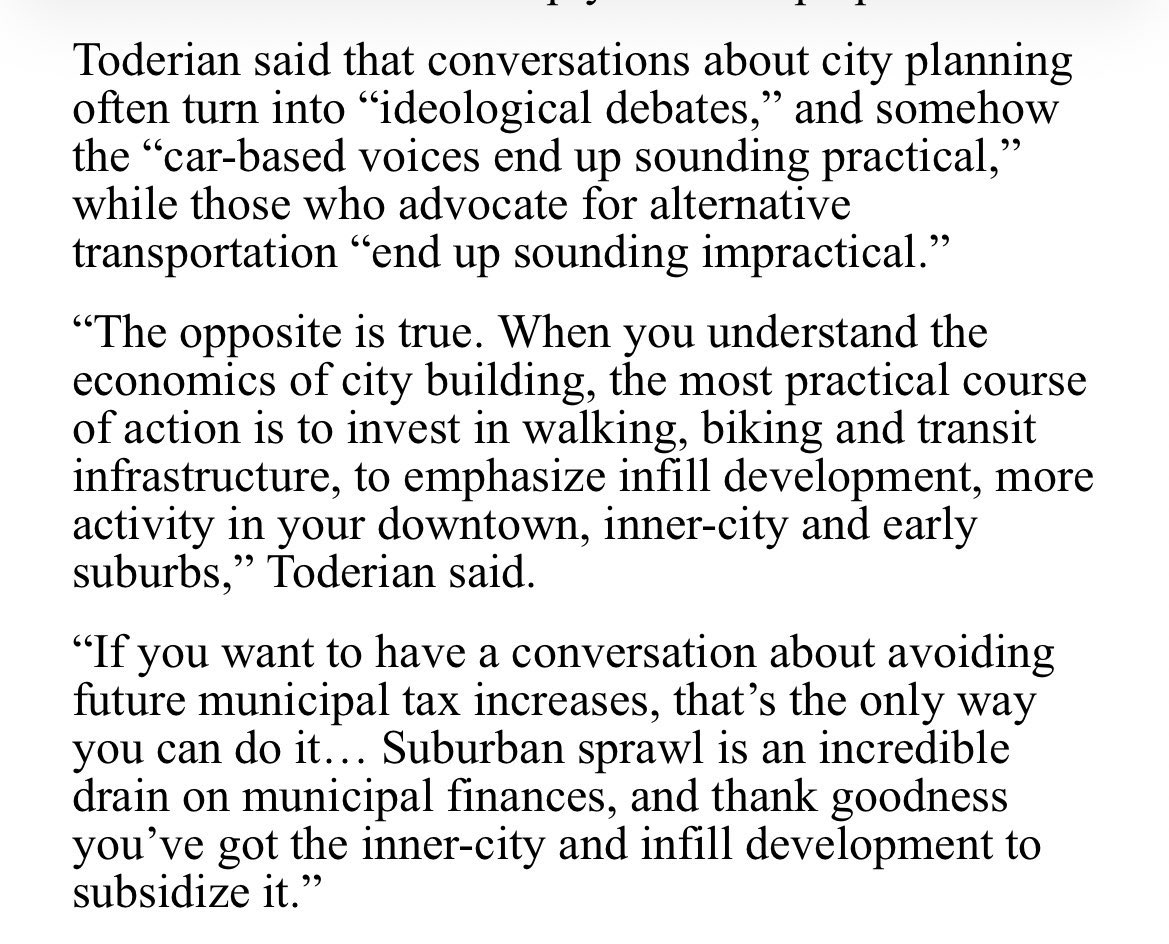“The Hummer EV tips the scales at just over 9k lbs—that’s some 4k more than the H3 & equivalent to around 3 Toyota Corollas…But at least the Hummer EV is electric, so it will help fight #climatechange, right? Well, don’t count on it.” Via @FastCompany fastcompany.com/90790197/yes-t…
Never forget, an electric version of an awful vehicle is still an awful vehicle.
https://twitter.com/DavidZipper/status/1593581073467936768
IMPORTANT! “How many more electric cars could we build...if we just reallocated all the stuff going into that 3,000lb Hummer EV battery toward more reasonably sized cars, let alone e-cargo bikes?" —@DavidZipper.
It isn’t just Hummer EV’s that are TOO BIG! businessinsider.com/gmc-hummer-ev-…
It isn’t just Hummer EV’s that are TOO BIG! businessinsider.com/gmc-hummer-ev-…
NEW: Study finds that electrifying SUVs could actually INCREASE emissions by using up scarce battery material that could otherwise be used to electrify a lot MORE smaller cars (not to mention e-bikes etc). Via @sciencedirect @DavidZipper
SUVs are too big.
sciencedirect.com/science/articl…
SUVs are too big.
sciencedirect.com/science/articl…
“Electric cars may produce less local pollution than petrol ones but still need enormous quantities of energy & emissions to make/run…car-based urbanism, electric or not, is inherently unsustainable, creating low-density, inefficient & dangerous cities.”
dezeen.com/2023/01/11/con…
dezeen.com/2023/01/11/con…
REALLY IMPORTANT: “But Norway says it isn’t hoping to simply replace combustion engines with electric counterparts 1:1 but motivate people to get out of their private vehicles & walk, cycle, & take public transport” @ElectrekCo
Does YOUR country get this?
electrek.co/2022/05/17/nor…
Does YOUR country get this?
electrek.co/2022/05/17/nor…
A 1-for-1 swap — an EV to take the place of every gas guzzler — is a disaster of its own making: a resource-intensive, slow crawl toward a future of sustained high traffic deaths, fractured neighborhoods, & prioritized roads over virtually everything else.
curbed.com/2023/01/electr…
curbed.com/2023/01/electr…
I respect and appreciate President Biden, but please, PLEASE stop doing photo ops with electric Hummers. It badly weakens any credibility the Biden Government has on sustainable, safe, equitable urban transportation, which is a shame since I know that @SecretaryPete gets it.
https://twitter.com/POTUS/status/1620138541937205250
“Simply converting the existing U.S. car fleet to battery-powered #ElectricVehicles, for example, would require 3x more #lithium by 2050 than the world currently produces, according to new research…” @sciam
Fewer (and smaller) vehicles, & less driving.
scientificamerican.com/article/making…
Fewer (and smaller) vehicles, & less driving.
scientificamerican.com/article/making…
“Electric cars are still cars. The focus on electric cars stands in the way of truly transformative change: better public transit and better laid-out cities that encourage active modes of getting around, such as cycling.”
Fewer cars, less driving, etc.
theglobeandmail.com/business/comme…
Fewer cars, less driving, etc.
theglobeandmail.com/business/comme…
The problem of too many cars isn’t just about what comes out of the tailpipe. And altho EVs are better coming out of the tailpipe, their increased weight, & the potential increase in size & distance driven (due to #JevonsParadox) makes even the tailpipe comparison “complicated.” 

• • •
Missing some Tweet in this thread? You can try to
force a refresh































